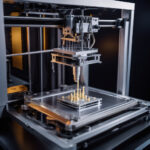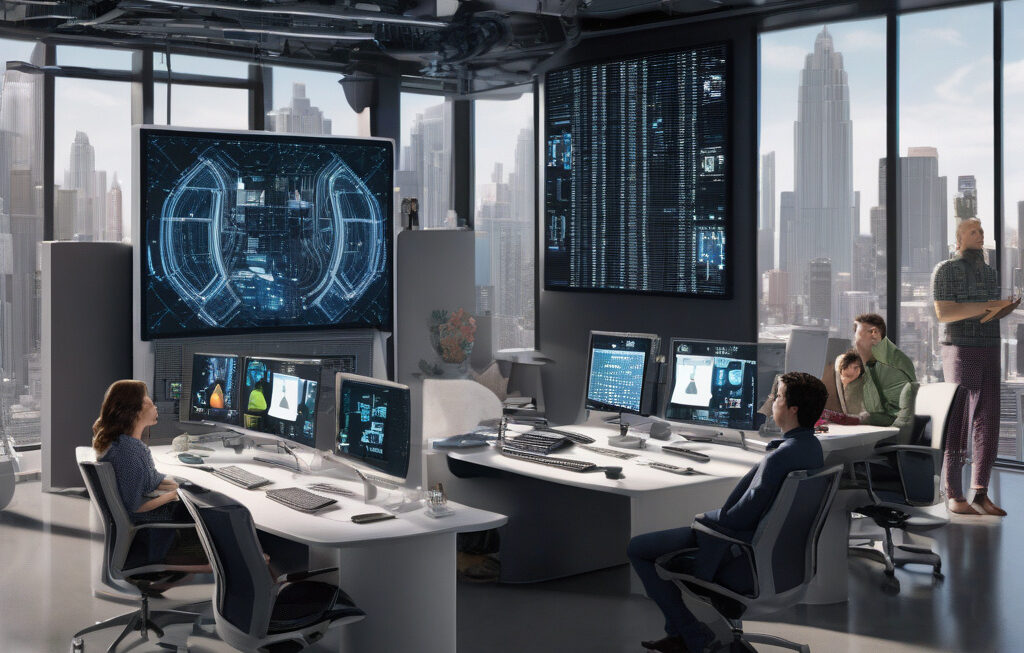Is Plumbing the Safest Career Path in the Age of AI?
Artificial Intelligence (AI) has been a hot topic in recent years, with many experts warning about the potential for mass job losses as automation and AI technology continue to advance. One such expert is Geoffrey Hinton, a pioneer in the field of AI, who suggests that certain professions, like plumbing, may be safer from AI disruption than traditional office work.
Hinton’s assertion may come as a surprise to many, as the common perception is that manual labor jobs are more at risk of being replaced by machines. However, Hinton argues that the complex and varied nature of plumbing work makes it less susceptible to automation than routine office tasks. While AI can excel at repetitive and predictable tasks, such as data entry or basic analysis, it struggles with the unpredictable and diverse challenges that a plumber faces on a daily basis.
Consider a simple task like fixing a leaky pipe. While it may seem straightforward to a human plumber, this task requires a combination of problem-solving skills, manual dexterity, and an understanding of the unique characteristics of the plumbing system in question. AI, on the other hand, would struggle to adapt to the specific nuances of each job, making it less reliable in a field where precision and expertise are paramount.
Moreover, plumbing is a hands-on profession that often requires working in cramped spaces and navigating complex systems. These are tasks that are currently beyond the capabilities of most AI systems, which are primarily designed for virtual tasks in controlled environments. As a result, plumbers may have a competitive edge over AI when it comes to jobs that demand physical presence and real-time decision-making.
While Hinton’s remarks offer a fresh perspective on the impact of AI on different industries, they also raise important questions about the future of work in an increasingly automated world. As AI technology continues to advance, workers in all fields will need to adapt and acquire new skills to stay relevant in the job market. This may involve a shift towards roles that require a high degree of creativity, emotional intelligence, and critical thinking – qualities that are still challenging for AI to replicate.
In conclusion, while the rise of AI may indeed lead to job losses in certain sectors, professions like plumbing may prove to be more resilient than expected. The unique blend of skills and expertise required in hands-on roles makes them less susceptible to automation, highlighting the importance of diversifying the job market to ensure stability in the face of technological advancements.
As we navigate the complexities of an AI-driven world, it is essential to recognize the value of skills that are uniquely human and difficult to replicate. By embracing innovation while also preserving the strengths of traditional professions, we can build a future where man and machine work in harmony to create a more prosperous society.
AI, plumbing, automation, job market, technological advancements












